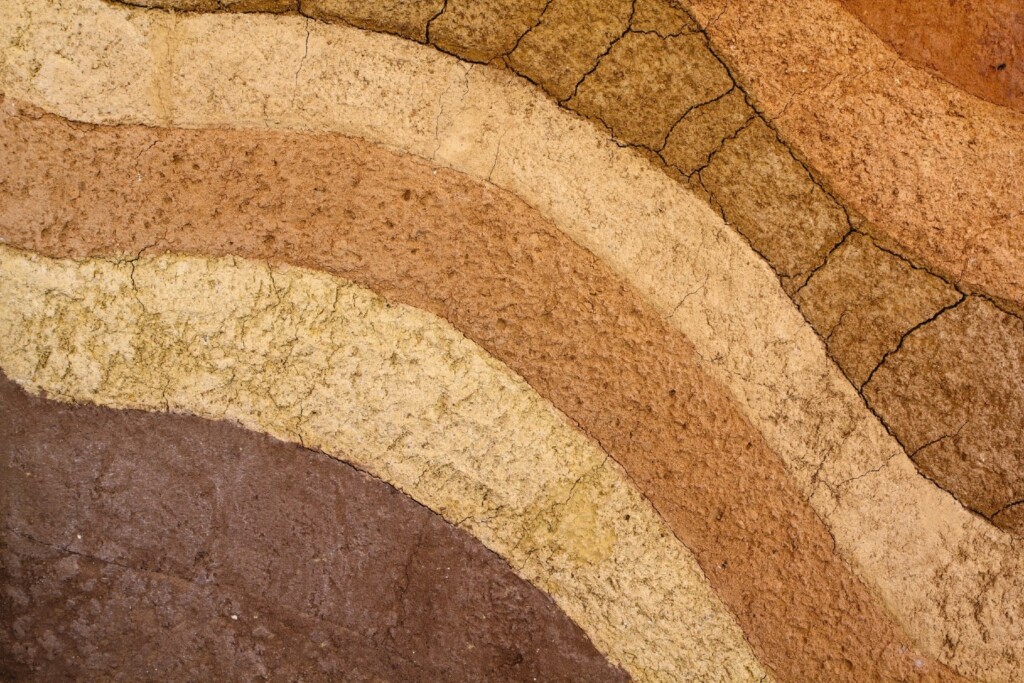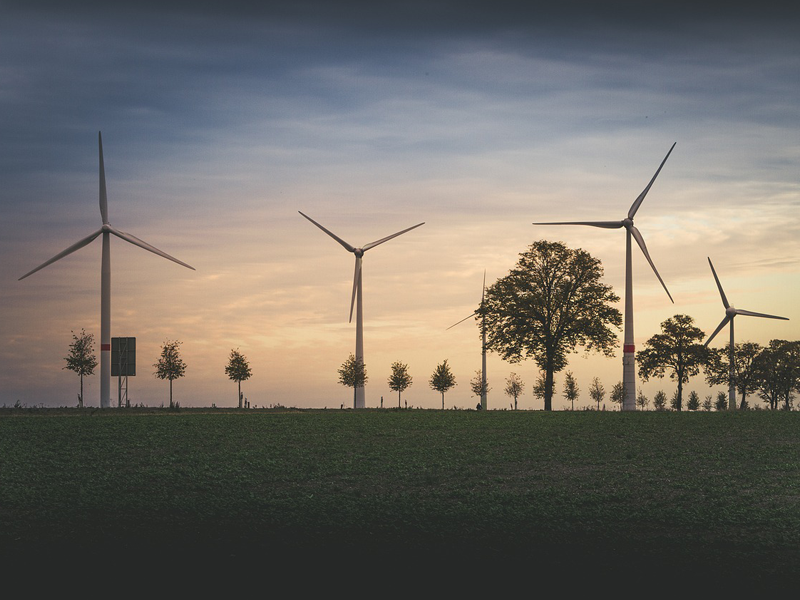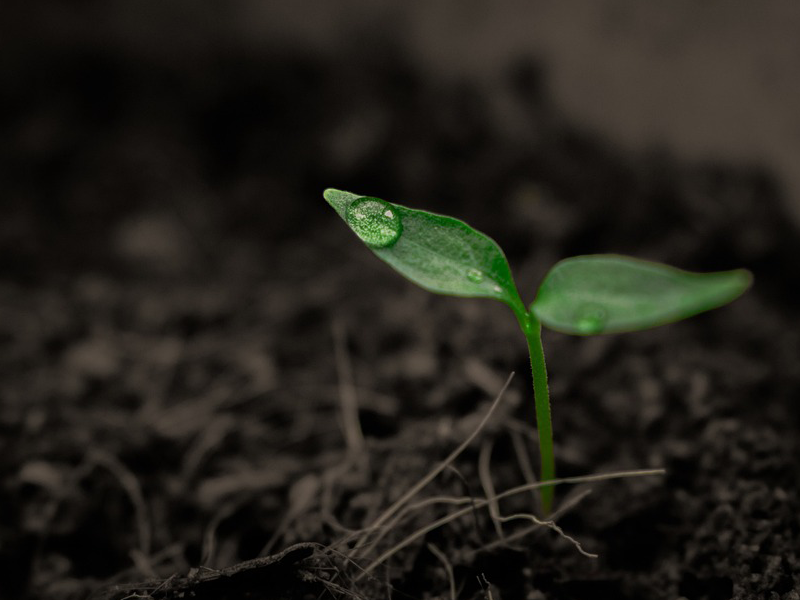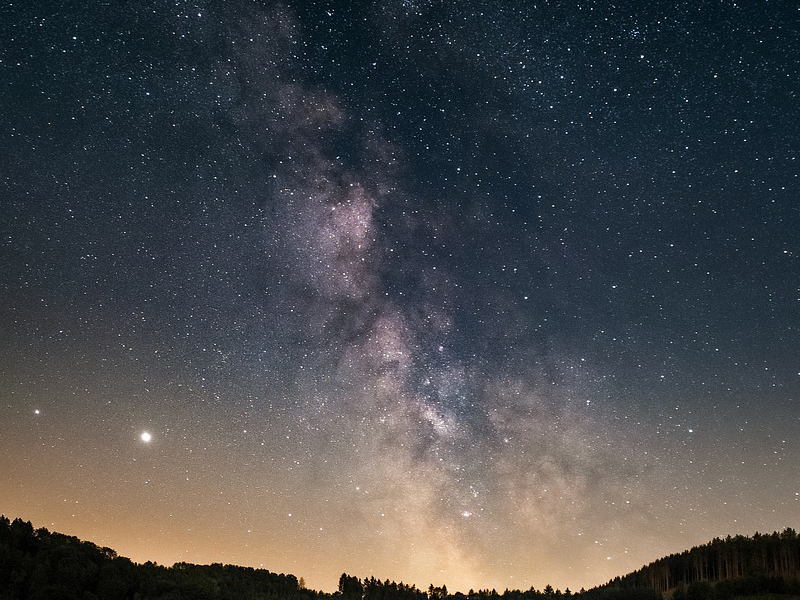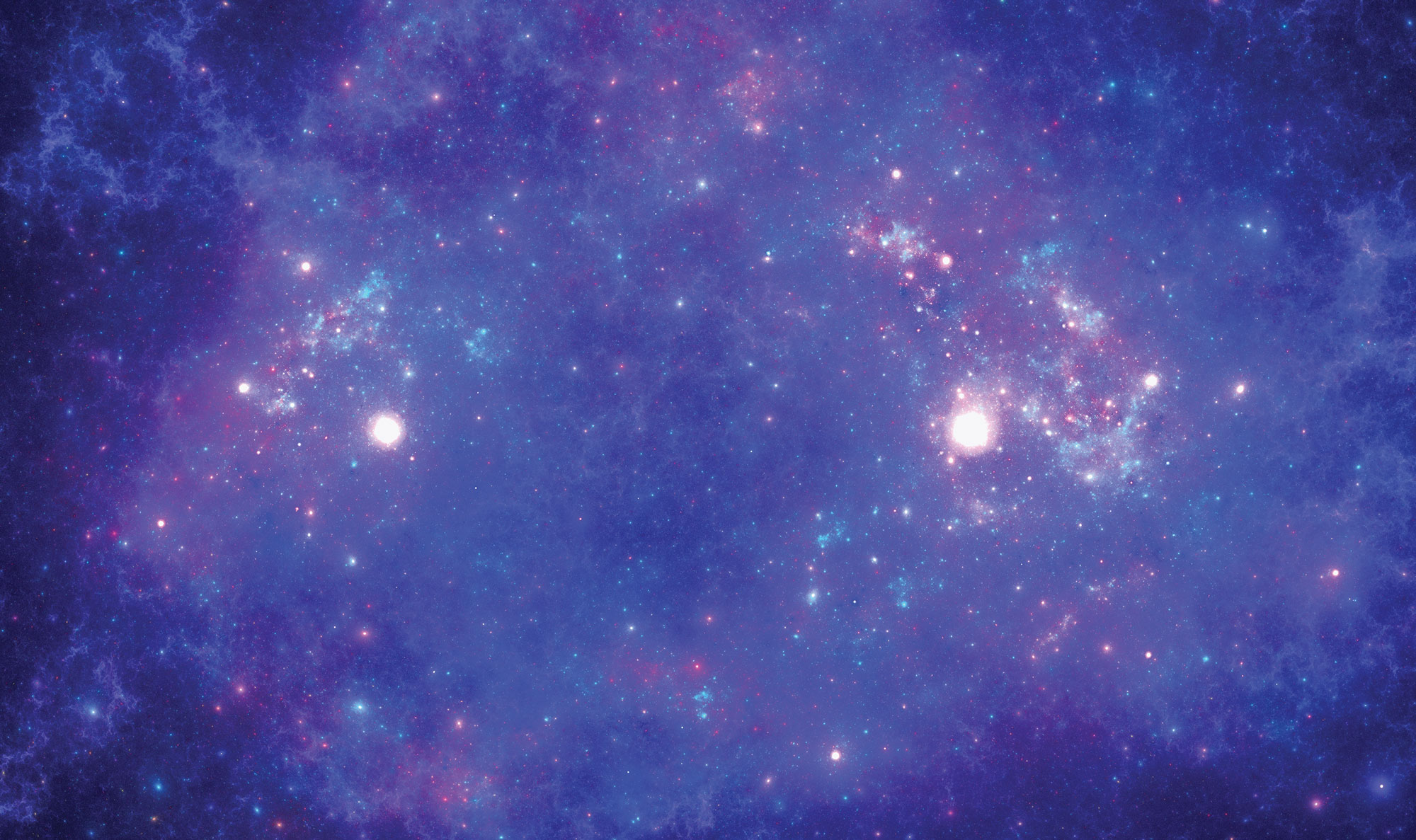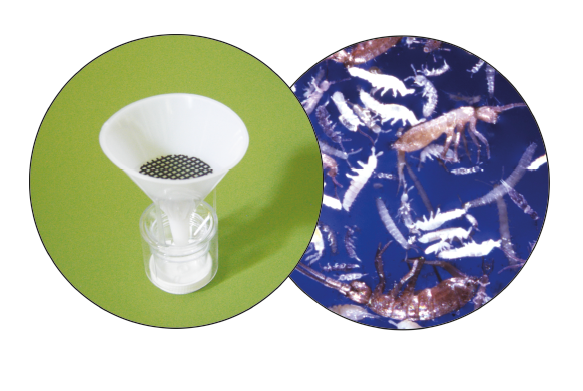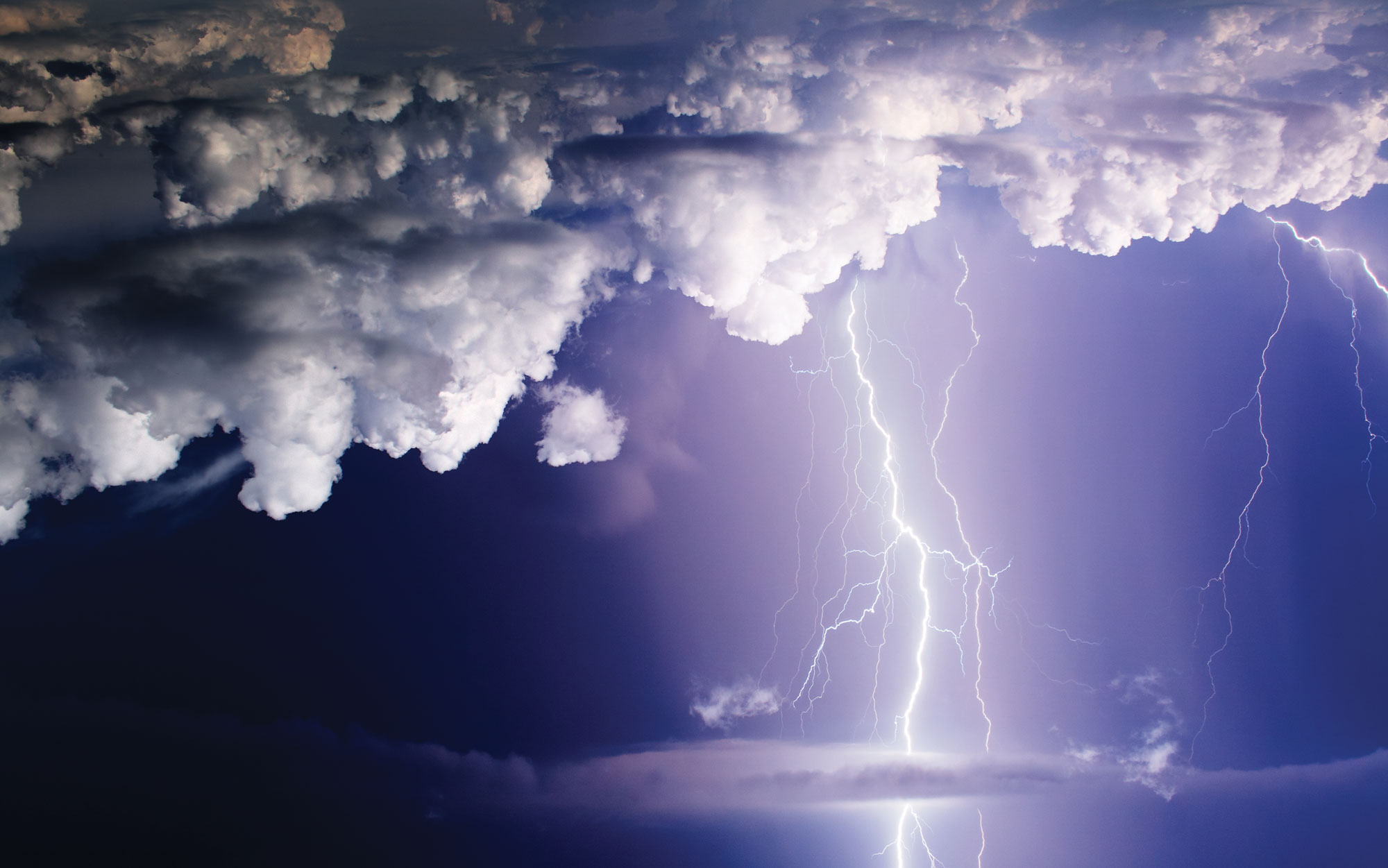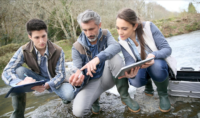Environmental, Earth & Space
Previous
Next
Popular category
Explore the latest environmental and Earth and space science articles and activities.
Latest articles
-
July 3, 2023 Determining the Age of a StarA Carolina EssentialsTM Activity Total Time: 35-45 minsPrep: 15 mins | Activity: 20-30...
-
June 16, 2023 Hydroponic Nutrient SolutionA Carolina EssentialsTM Investigation Total Time: see belowPrep: 30 mins | Activity: Experimental...
-
May 26, 2023 Invertebrate Biodiversity with Berlese FunnelsA Carolina EssentialsTM Investigation Total Time: 5 daysPrep: 1 hour | Activity: 5...
-
May 1, 2023 Introduce Environmental Studies with a River Tank™Often the most important changes in an aquatic environment are chemical changes. A River...
-
April 28, 2023 Use Bubbles—Observe Wind Speed and Direction: Ask a Question and Plan an ExperimentIn this activity, students explore and investigate wind speed and direction. They generate...
-
April 27, 2023 Observing Plant CellsCarolina LabSheets™ Overview In this lab students observe Elodea leaves under magnification. They will see...
-
April 27, 2023 Introduction to Photosynthesis Using Coleus PlantsCarolina LabSheets™ Overview The simple exercises that students perform in this lab demonstrate...
-
April 21, 2023 After the AP® Exam: What Now?Your students worked hard and were well prepared. The test has come and...
-
April 13, 2023 The Ups and Downs of WeatherA Carolina EssentialsTM Demonstration Total Time: 10-30 minsPrep: 10-30 mins Earth and Space...
-
April 13, 2023 Invertebrate Biodiversity and Abiotic FactorsA Carolina EssentialsTM Investigation Total Time: 4+ daysPrep: 30 mins | Activity: 4+...
-
April 4, 2023 Water Quality AwarenessA CAROLINA ESSENTIALS ACTIVITY What is the current state of the global water...
-
April 3, 2023 Succession on Mount St. HelensA Carolina EssentialsTM Activity Total Time: 45-60 minutesPrep: 15 mins | Activity: 45-60...
-
March 29, 2023 An Inquiry into Seed GerminationA Carolina EssentialsTM Activity Total Time: 40 minutesPrep: 15-20 mins | Activity: 40...
-
March 27, 2023 Schoolyard Field StudyIntroductionIt’s the end of the school year. The weather is nice and your...
-
March 27, 2023 The Great American Eclipse of 2023-2024Newton's law of cooling states that the rate at which an object cools...

